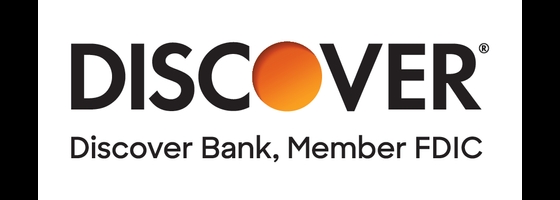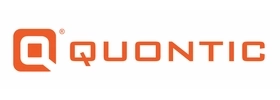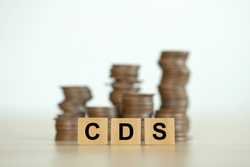Money Market Account vs Savings Account: Similarities, Differences, & Which Option Is Best for You

Our evaluations and opinions are not influenced by our advertising relationships, but we may earn a commission from our partners’ links. This content is created by TIME Stamped, under TIME’s direction and produced in accordance with TIME’s editorial guidelines and overseen by TIME’s editorial staff. Learn more about it.
Consumers with extra cash beyond the funds needed for everyday expenses are wise to look to accounts that earn interest and provide easy access to their money for big purchases or emergencies.
Two readily available options are money market accounts and savings accounts. Savings accounts generally lack the minimum deposit and balance requirements many money market accounts have. However, money markets typically offer higher interest rates than regular savings accounts, letting you earn more on your saved money. Financial institutions may limit the number of withdrawals you can make on either type of account, although the federal law that used to mandate these limits, Regulation D, was withdrawn by the Federal Reserve Board in 2020.
A savings account is an account maintained by a bank or credit union, in which you earn interest on your balance. Regular savings accounts pay rather low interest, but you can find high-yield accounts that pay much better. Financial institutions such as Discover® Bank, CIT, Live Oak, Upgrade, and Quontic offer savings accounts to consider.
A money market account combines the interest rates of a high-yield savings account and the check-writing capacity of a checking account. These accounts typically have higher interest rates than all but the best high-yield savings accounts, but may have more restrictions. CIT and Quontic are among the institutions that offer money market accounts.
| Savings Account | Money Market Account | |
|---|---|---|
Minimum Deposit | Rare | As high as $5,000 |
Minimum Balance | No | Sometimes |
APY | Low at traditional banks | Higher |
Maintenance fees | Sometimes | Sometimes |
Tax due on interest | Yes | Yes |
FDIC/NCUA Insured | Up to $250,000 | Up to $250,000 |
Cards | ATM card | Debit card |
Check-writing | No | Yes |
For both savings accounts and money market accounts, the interest rate is variable and can change at any time.
If the saver wants to save a small amount of money, a savings account is better. With the exception of some high yield accounts, savings accounts rarely require a minimum deposit.
If the saver is able to meet the minimum balance, doesn’t anticipate needing the funds anytime soon, and is interested in a higher interest rate, a money market account is the better choice. A change for the better for savers is that some financial institutions have relaxed rules on money market accounts and don’t require a large initial deposit or limit the number of withdrawals.
Two solid alternatives to money market or savings accounts are certificates of deposit (CDs) and U.S. Treasury bonds. They can yield a bigger payout due to the higher interest rates they pay.
The caveat is that you must commit to putting the money away for a fixed amount of time—from three months to over one year for CDs. Treasury bonds pay a fixed amount of interest every six months and take 20 to 30 years to mature. However, you can sell the bonds before the maturity date.
How and when you save money depends on many factors, such as your income, extra cash on hand, goals, and timeline. It’s a very individualized proposition. If you’d like to earn interest on additional funds and don’t have a big balance, a regular savings account may be for you. High-yield savings accounts approach the earnings of money market accounts and may have lower fees for lower balances. If a higher yield is your goal, consider a money market account.
You can ask the bank or credit union officer, but be sure to read the fine print on every bank document before you sign on the dotted line. That bank document should also spell out the terms of the account, withdrawals allowed, how much is protected by a federal agency, and any other particulars.
Call the institution and ask how and when they notify you of interest rate changes. Also, pay attention to what the Federal Reserve is doing. The Fed is the country’s central bank and sets the federal funds rate, “the interest rate at which depository institutions trade federal funds…with each other overnight.” An increase or a drop in interest rates can impact how much a bank or credit union pays on your balance.
Beware, it could be a scam. Put your money in a financial institution whose deposited funds are guaranteed by the FDIC or NCUA. Also consider reporting it to the government’s scams and fraud website.
CIT and Quontic are among the institutions with the best rates for money market accounts.
You’ll find lots of choices. Consult our list of financial institutions that offer some of the best high-yield savings accounts.
Several ways. The economic environment can lead the Fed to raise or lower the interest rate, which can impact how much you earn on your savings. Savings from neither of these accounts provide a hedge against inflation. And in the event of a recession leading to job loss, you may need to pull money from the accounts to cover your everyday expenses.
Yes. Two of the benefits of a money market account is that you can write checks on the account and use a debit card to make purchases and pay bills.
The information presented here is created by TIME Stamped and overseen by TIME editorial staff. To learn more, see our About Us page.





